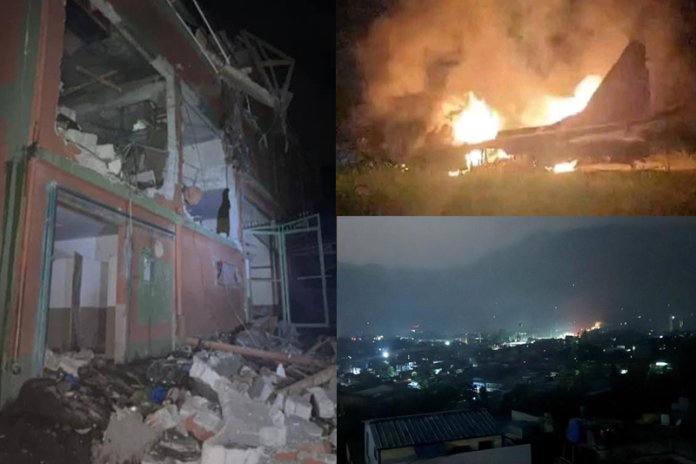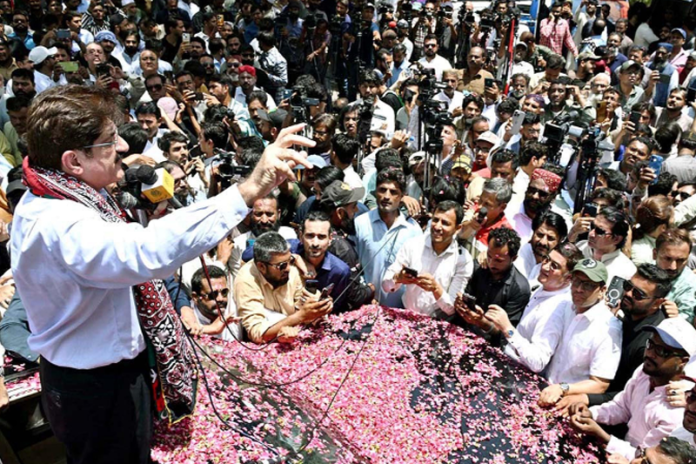The Financial Burden of Criminal Case Proceedings and the Need for Legislative Reform

- 242
- 0
Hayat Laghari KARACHI: In Pakistan, the handling of criminal cases has long been a matter of procedural complexity and financial strain.
While the wheels of justice must continue to turn, the lack of legislative reform in managing these cases, particularly with regard to the transportation and presentation of properties, witnesses, and the accused, has left the government shouldering an unnecessarily heavy financial burden.
When an individual files a criminal case, the legal journey begins with the submission of the challan to the magistrate, marking the formal commencement of the proceedings. This procedural redundancy also affects the handling of properties that are part of the case’s evidence. For instance, if a significant quantity of material—such as iron or other bulky items—forms part of the evidence, the police must go through the logistical challenge of transporting these items back and forth between the court and storage, often hiring vehicles and incurring additional costs.
Even more troubling is the regular practice of transporting prisoners from jail to court in large prison vans. These vehicles, which can accommodate a large number of prisoners, are often used to transport just one or two individuals, wasting fuel and incurring unnecessary operational costs. This process, repeated countless times across the country, results in millions of rupees being spent by the government annually, with no discernible effort to introduce cost-saving measures. The lack of proper legislative reform in criminal case procedures is placing a significant financial burden on the state. Not only are magistrates overburdened with the sheer volume of cases and procedural hurdles, but the government is also wasting substantial resources on a system that could be streamlined. Legislation aimed at improving the efficiency of criminal case proceedings—whether by reducing redundant procedures, improving transportation methods, or utilizing technology to minimize unnecessary delays—could save the government millions of rupees. Furthermore, with these reforms, the judiciary could operate more smoothly, ultimately ensuring that justice is delivered more efficiently and fairly.
The current inefficiencies in the handling of criminal cases do more than just drain government resources; they also contribute to the delays in justice that plague the system. It is time for the government to recognize the financial and procedural strain this places on the justice system and to act accordingly by introducing comprehensive reforms. Only by doing so can the judicial system be refined to benefit both the state and its citizens, allowing courts to focus on delivering justice swiftly and without unnecessary complications.

















































